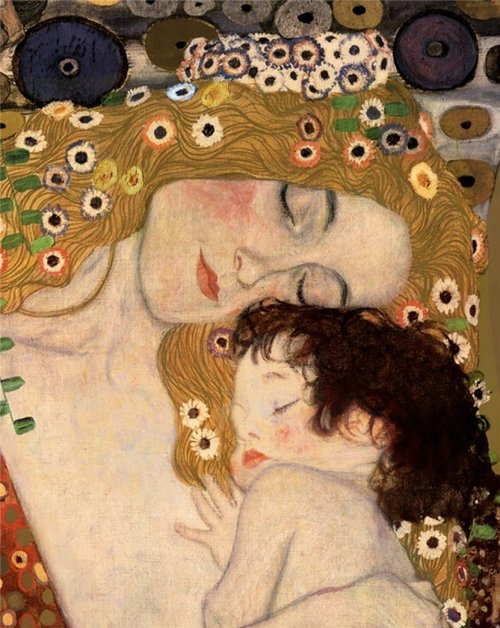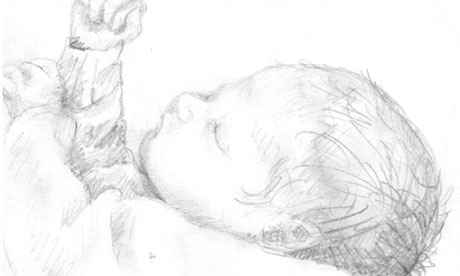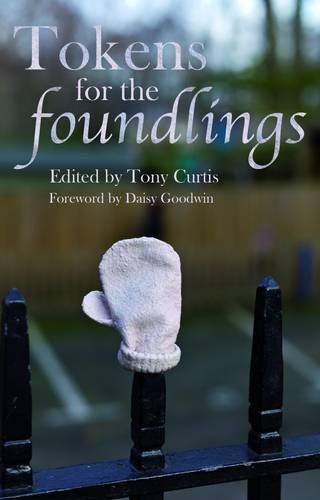Argentine grandmother recalls finding stolen grandson
The fate of stolen babies is one of the most painful legacies of Argentina's
"Dirty War". During this period, up to 30,000 people were killed - or were made
to "disappear" -by the armed forces, according to rights groups.
Children born to mothers held in detention centres were given to police or army families. Many were brought up not knowing they were adopted and only found out as adults. Many more still do not know that they were seized from their parents.
The fate of stolen babies is one of the most painful legacies of Argentina's "Dirty War". During this period, up to 30,000 people were killed - or were made to "disappear" -by the armed forces, according to rights groups.
Children born to mothers held in detention centres were given to police or
army families. Many were brought up not knowing they were adopted and only found
out as adults. Many more still do not know that they were seized from their
parents.
BBC Newsnight's Sue Lloyd Roberts meets one of the
Grandmothers of the Plaza de Mayo, an organisation which aims to find the
children taken during the 1976-1983 dictatorship.
Rosa recalls the moment she found her own grandson - some 25 years after he
was born.
Children born to mothers held in detention centres were given to police or army families. Many were brought up not knowing they were adopted and only found out as adults. Many more still do not know that they were seized from their parents.
The fate of stolen babies is one of the most painful legacies of Argentina's "Dirty War". During this period, up to 30,000 people were killed - or were made to "disappear" -by the armed forces, according to rights groups.
Watch Sue Lloyd Roberts' full report on BBC Newsnight
on Thursday 4 April 2013 at 22:30 BST on BBC Two and the afterwards on the BBC iPlayer and Newsnight website.
Woman's Hour did a feature on this today which you can catch on the BBC Listen Again website.









